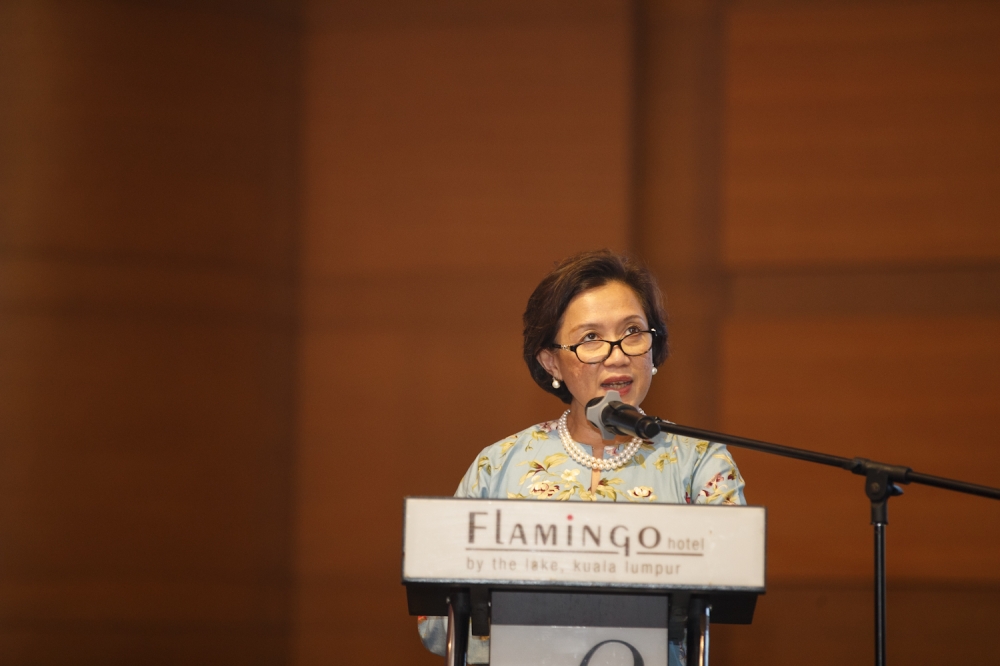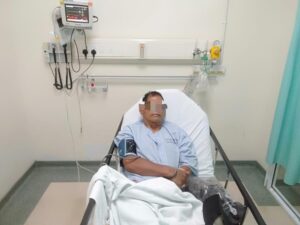KUALA LUMPUR, Nov 4 — The Malaysian government allocated RM1.15 billion in 2024 alone to cover prison costs stemming from drug offences, public health expert Datuk Dr Adeeba Kamarulzaman revealed at the first-ever Drug Policy Summit held here.
Delivering a critical speech on Malaysia’s drug laws, Dr Adeeba said the total annual expenditure for maintaining drug-related arrests and incarceration reached an estimated RM1.15 billion — enough to hire some 5,000 specialists. The total amount could be even higher if it included urine testings, operation costs of rehabilitation and others that go to PDRM and the judiciary, she added, citing data from the Home Ministry.
Despite the staggering costs, authorities continue to see rising drug-related arrests. Since 2019, police have reported some 600,000 arrests, with 174,000 in 2024 alone — 85 per cent of which were for drug use and small-scale possession, and only 15 per cent for selling or supplying.
“So are there alternatives that work? Across the globe, countries such as Portugal, Switzerland and New Zealand demonstrate that a non-criminal approach and harm reduction saves lives, lowers overdose risks and deaths, and strengthens social reintegration,” Dr Adeeba said.
She is among a growing number of public health professionals advocating for the decriminalisation of drug use, urging policies grounded in treatment, care and harm reduction.
The current administration, led by Prime Minister Datuk Seri Anwar Ibrahim, has avoided removing laws that make drug use a criminal offence. Instead, it amended parts of the Drug Dependents (Treatment and Rehabilitation) Act to divert offenders into state-operated rehabilitation centres.
The government said the amendment is aimed at reducing prison overcrowding.
But experts argue this approach only perpetuates stigma and discourages dependents from seeking help, ultimately hindering efforts to address drug dependency as a health issue rather than a criminal one.
Asean member states remain resistant to the idea of decriminalising drug use, with governments in the region continuing to favour punitive measures despite a growing body of research suggesting that treating drug consumption as a health problem is more effective.
Adeeba noted that the recently concluded Asean Summit called for deeper regional collaboration and knowledge-sharing, and she sees this as an opportunity to promote decriminalisation across Southeast Asia by showcasing Malaysia’s success stories.
Malaysia runs pockets of harm-reduction programmes that Adeeba said have helped reduce HIV transmission drastically through needle-sharing.
These initiatives have saved hundreds of millions of ringgit that would otherwise have been spent on managing preventable health issues, she added.
“Malaysia’s experiences show how evidence-based programmes at the local and national level can inform regional approaches,” she said.






